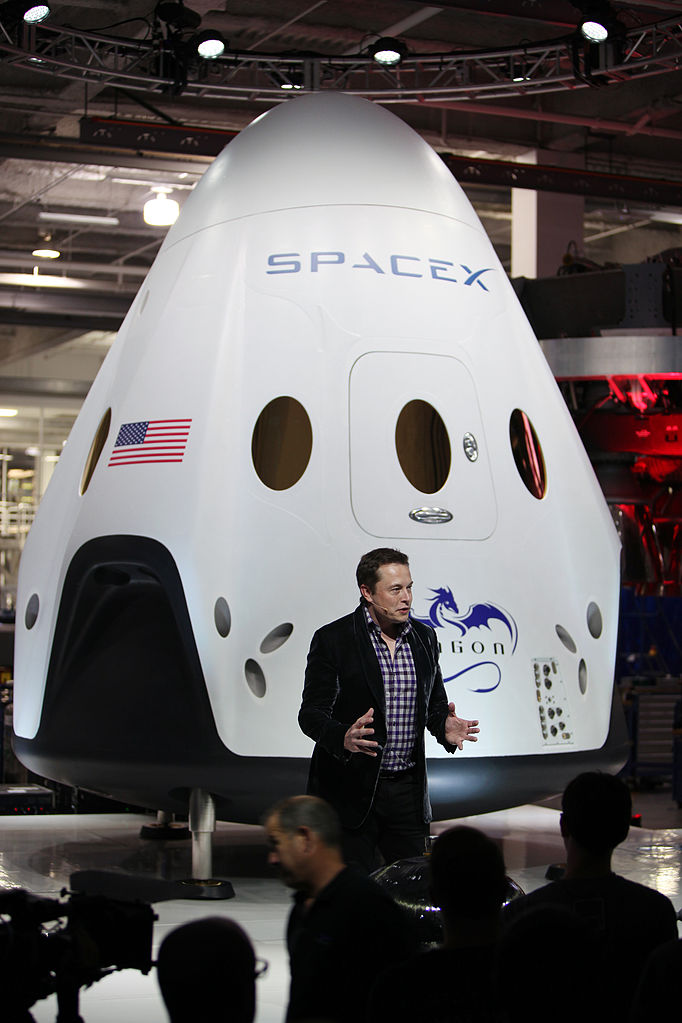On the anniversary of Christopher Columbus’s historic arrival in the Americas, Elon Musk marked another giant leap for human exploration—only to face resistance from the same bureaucratic forces that now target anyone daring to push boundaries. While Columbus had the full backing of the Spanish crown, Musk contends with government agencies determined to sabotage his vision of a future where humanity reaches the Moon, Mars, and beyond.
His company, SpaceX, successfully recovered a 250-ton reusable rocket booster that flew from Texas, arced over the Gulf of Mexico, and landed back on the launch pad—all in just seven minutes. This achievement is the kind of bold innovation that defines progress, but Musk’s efforts have drawn the ire of left-wing activists and petty regulators who are more concerned with his political opinions than advancing American interests. While NASA recognizes Musk’s brilliance and has enlisted SpaceX for the Artemis mission to return Americans to the Moon, unelected bureaucrats have made it their mission to obstruct him at every turn.
The California Coastal Commission recently blocked SpaceX from increasing launches at Vandenberg Space Force Base, shamelessly citing Musk’s political activism as justification. This blatant attack is nothing less than weaponized lawfare—bureaucracy wielded to punish a citizen for exercising free speech. Musk’s criticism of FEMA, including his exposure of funds misused to shelter illegal immigrants, has painted a target on his back for an administration bent on silencing dissent.
The FCC also interfered, revoking a nearly $900 million grant that would have expanded Starlink internet access to rural Americans. When Hurricane Helene struck Appalachia, communities were left cut off and helpless—victims of political spite.
Musk is now threatening to sue California’s Coastal Commission, proving that he won’t be bullied by bureaucratic overreach. Just like Columbus, Musk’s determination won’t be crushed by those who fear progress—they’ll only see him soar higher.






